

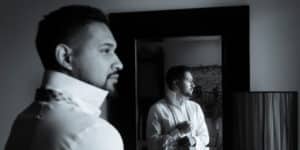





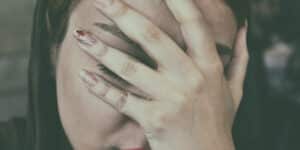
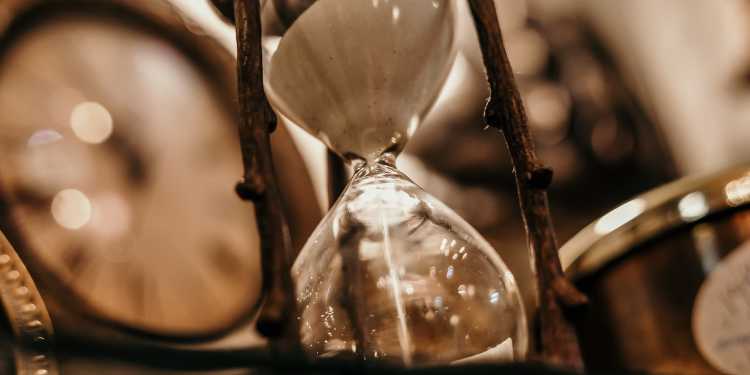

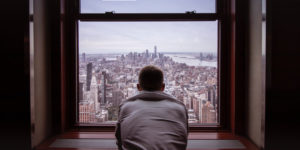
Astrophobia is the fear of the stars, outer space, and the night sky. It may also be related to an intense fear of aliens. Astrophobia is a specific phobia, an irrational and intense fear triggered by exposure to or thoughts about a particular object or situation.
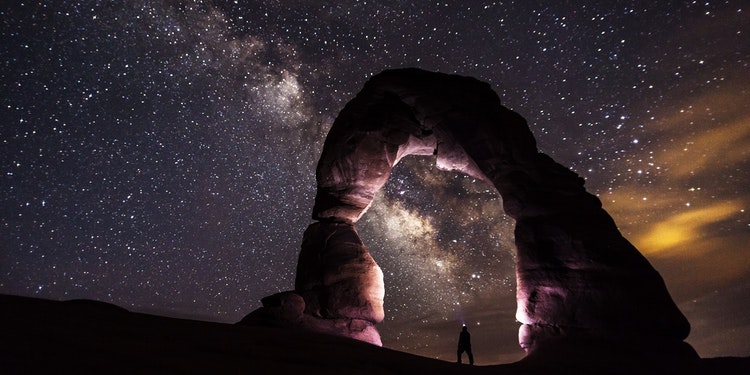
For many people, gazing up at the stars is a calming and relaxing experience. However, not everyone feels this way when looking up into the night sky. For some people, the night sky can cause panic, heart palpitations, dizziness, and fear. If these signs sound familiar, you may suffer from astrophobia.
Symptoms of astrophobia are just like those of other specific phobias. Therefore, when thinking about or viewing outer space, those suffering from this condition may experience the following symptoms:
If thoughts or images of outer space cause you to experience these symptoms, then you may meet the criteria for a specific phobia.
Specific phobias, such as astrophobia, are often considered irrational, meaning the person knows logically that they do not need to be afraid. The body’s fight-or-flight response activates when presented with a feared situation (such as being outside at night). The body produces responses to help you escape the situation quickly and without harm. Therefore, your heart may race, your breath may quicken, and your body prepares for action.
Humans are adaptable creatures and will seek ways to avoid discomfort. The fight-or-flight response is not comfortable and will cause you to keep away from situations where you may see or think about outer space. For those struggling with astrophobia, this means avoiding going outside at night. This may drastically interfere with your life if you choose not to go out with friends, have pets that need to be let outside at night, or struggle to find work during the daylight hours only.
Seeking counseling to work through astrophobia can help you process the fears and reduce your body’s response to outer space. Counseling also helps to work on coping strategies to improve your ability to tolerate the discomfort of being outside in the dark. Two of the more common therapeutic approaches to treating specific phobias, such as astrophobia, are exposure therapy and CBT, as detailed below.
Exposure-based therapy is one of the most commonly used treatment options in counseling for a phobia, like astrophobia. This type of treatment starts with helping the client develop strategies to calm their bodies and cope with anxiety. After the client has developed healthy coping strategies, the client is slowly exposed to stimuli that activate the fear response in a controlled and manageable way.
For astrophobia, a client may be asked to think about going outside at dusk or shown a picture of a sunset. The client learns to manage the fear and emotions that result from exposure to the stimuli until it no longer activates their full fear response. They may then be shown a picture of a star or the moon, and again, the mental health professional helps them cope with the emotions and manage the fear response. The exposure continues to increase to more provoking stimuli as the client can handle it.
It may sound frightening to go to therapy to be exposed to your biggest fear. However, exposure therapy is a gradual process, and the goal is not to overwhelm you.
Your sessions will not be at midnight under the moon. The goal of exposure therapy is to give the client resources to cope with the fear and slowly integrate those resources so that when they are exposed to the night sky, they are less fearful and better able to cope.
Cognitive behavioral therapy (CBT) can also help identify the fear and change the automatic thoughts related to the fear. CBT is typically used together with exposure therapy to help identify and process the thought process and reduce the body’s fear response.
Working through astrophobia is best done with a mental health professional, as working on it alone could make it worse. By exposing yourself to your fear without the gradual processing of therapy, you could intensify it by overwhelming the body’s fear response. Many people with specific phobias do not seek treatment. The idea of seeking treatment may be too scary, embarrassing, or may not feel like a ‘good enough’ reason to attend therapy, despite the significant negative impact it can have on their lives. If you are among those who feel this way, you may want to consider signing up with a provider of online therapy services, which is less expensive, more convenient, and less of a commitment than in-person counseling.
While working through astrophobia alone is not recommended, developing coping strategies may be a helpful first step in working through any phobia. Relaxation strategies such as meditation and mindfulness help the body learn to be calm and focused on the body’s sensations. Small steps towards facing your fear may be helpful, such as looking out the window at dusk.
Another helpful strategy can involve using distractions, like listening to music when you must walk outside at night or having a support person present when you spend a short time under the night sky.
The fear of being outside at night can be a debilitating phobia as it can impact how you function in your life. Therapy treatment helps develop coping strategies and can decrease the fear response. If astrophobia or another phobia is impacting your ability to do the things you want, find a mental health professional to help you.
Sources